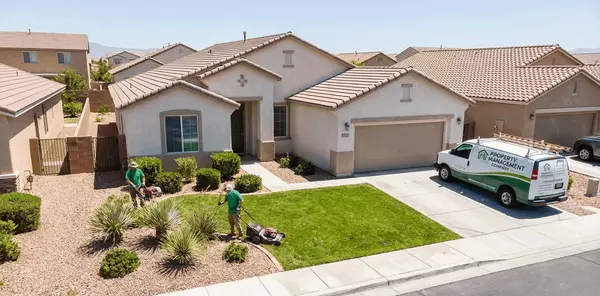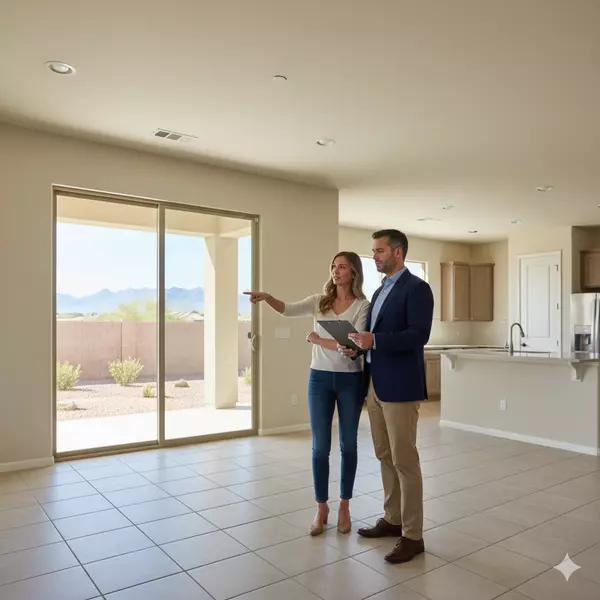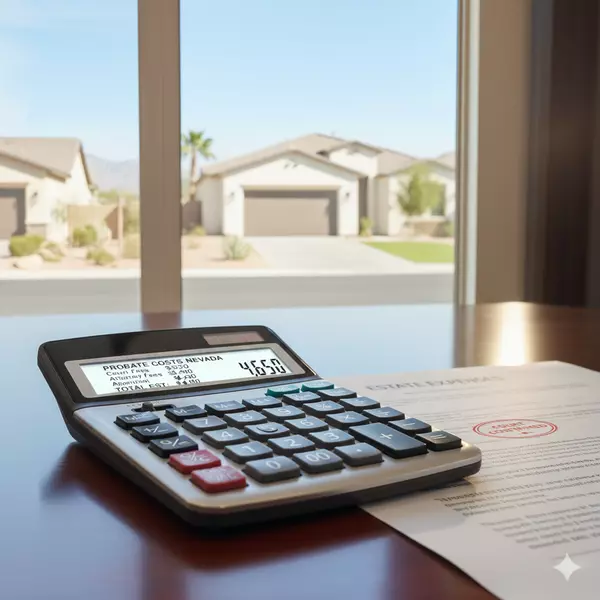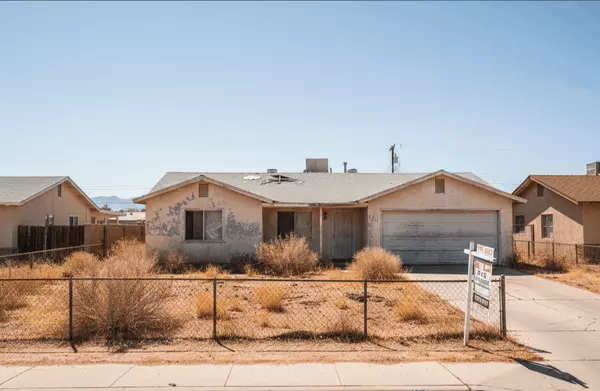Las Vegas Price Drops: 988 Homes Cut Asking Price Last Week
Market snapshot
Short version: sellers are adjusting and buyers have power. Last week 988 homes in the Las Vegas market dropped their asking price while only 90 increased theirs. That’s roughly a 10-to-1 ratio. Translation: inventory is shifting toward motivated sellers, and you can actually negotiate instead of competing in a bidding war.
Why this matters right now
I’ve watched this market for years, and a swing like this doesn’t happen by accident. Price drops at that scale mean sellers are reacting to buyer behavior and to a market that’s a bit cooler than headlines suggest. If you’re hunting, that’s good news. You’ve got options. If you’re selling, it’s a reminder that strategy beats stubbornness.
What buyers should do
If you want a deal, now is the time to act smartly, not nervously. Here’s a quick checklist I give people who text me at 10 a.m. on a Saturday and expect fireworks.
- Get pre-approved. Sellers take offers seriously when financing is nailed down.
- Look beyond list price. Ask about recent days on market and prior price changes.
- Use contingencies wisely. You can request inspections and still negotiate a lower price.
- Negotiate on terms, not just price. Closing date, repairs, and credits matter.
What sellers should do (don’t chase the market)
Raising your price because a neighbor got a higher number last year is not strategy. That’s hope. If your home needs updating or is priced above local comps, buyers will wait. My experience says: price it competitively, stage it cleanly, and be ready to act on reasonable offers.
Quick seller playbook:
- Price to the market, not to emotion.
- Fix obvious issues up front. Small fixes prevent big markdowns later.
- Stage for photographs and showings. Online impressions drive traffic.
- Have a negotiation plan. Decide ahead what you’ll accept and where you’ll hold firm.
How I help (real plan, no fluff)
If you’re wondering how aggressive to be or how low offers might go, don’t guess. I use local data, not national headlines. I’ll show you comps, outline a pricing strategy, and map negotiation tactics that fit your timeline. I’ve seen sellers panic and lose equity. I’ve helped buyers net deals because they knew when to push and when to pause.
Bottom line
988 price drops versus 90 increases is a clear signal. Buyers: you have leverage. Sellers: you need a game plan. If you want a realistic strategy that protects value or helps you buy smart in this shift, DM me for the real plan. No pressure, just the market truth.
Las Vegas Home Price Drops FAQ — 988 Price Cuts, Buyer Leverage & Seller Strategy
Categories
- All Blogs (175)
- Anthem (1)
- Buyers (4)
- Downsizing (12)
- Expired Listings (1)
- Housing Market Trends (91)
- Informative (20)
- Luxury (1)
- MacDonald Highlands (1)
- Madeira Canyon (1)
- Mountains Edge (9)
- Probate (25)
- Queensridge (1)
- Relocation (2)
- Sellers (3)
- Summerlin (11)
- Sun City Summerlin (1)
- Thoughts on Home Tour (2)
Recent Posts










GET MORE INFORMATION

